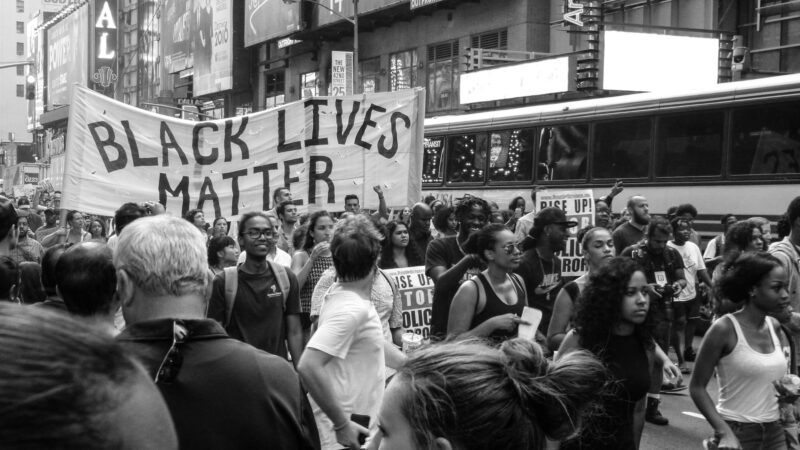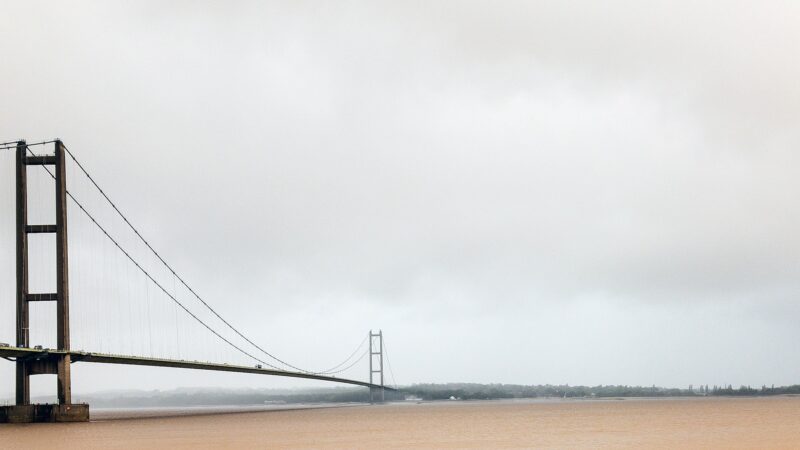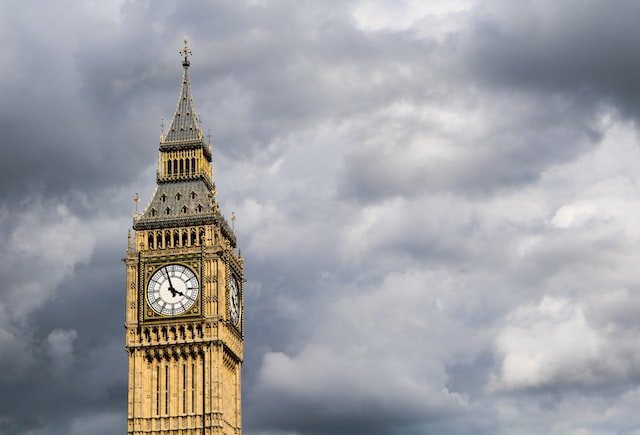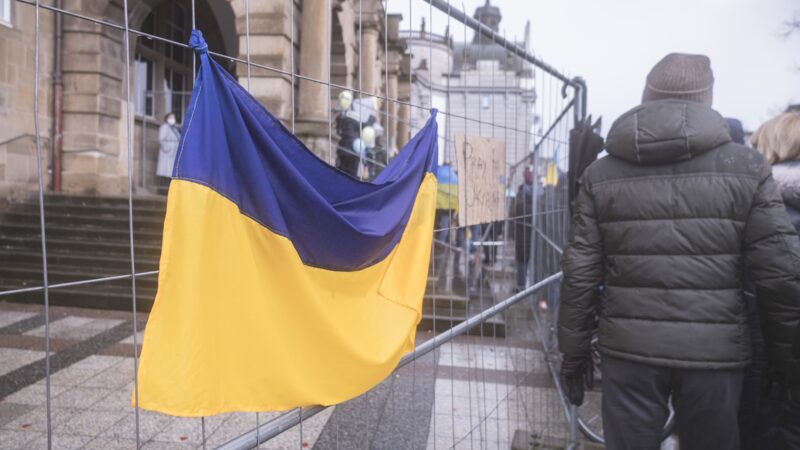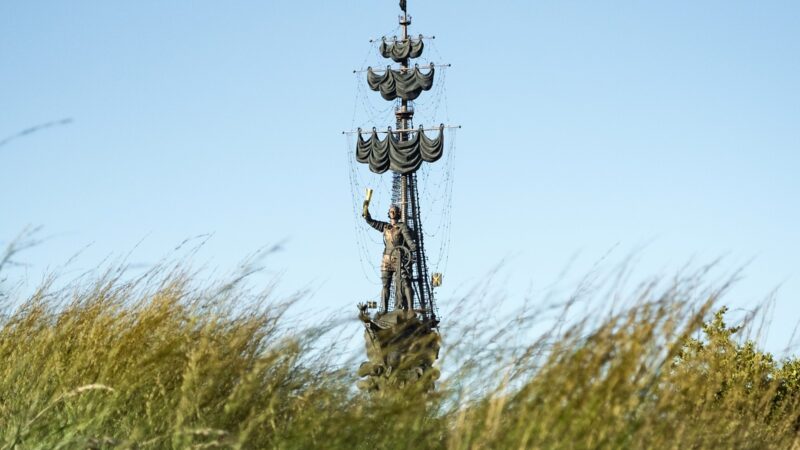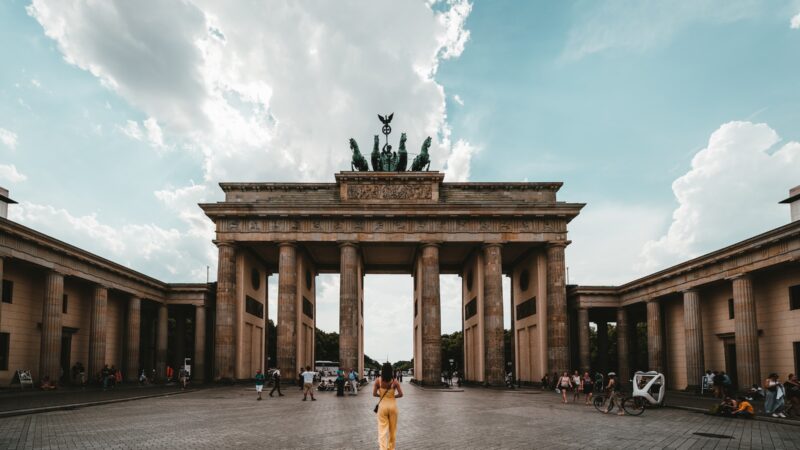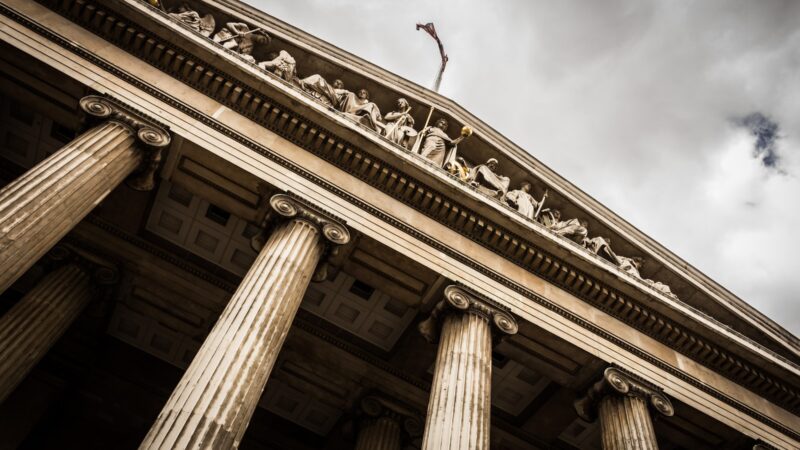The Whitewash – A Review of ‘War on the West’ by Douglas Murray
To begin, it’s worth saying I owe something of a debt to Douglas Murray. He brought me to many of the positions I hold today, and while my overall impression of ‘War on the West’ was disinterest, it is only upon looking back at my own political journey I’m beginning to understand why I felt that way.
‘War on the West’ follows ‘The Madness of Crowds’ and the ‘Strange Death of Europe’ as Murray’s third book discussing the state of political affairs in the Western world. Murray’s thesis is best laid out by Murray himself:
“People began to talk of “equality”, but they did not seem to care about equal rights. They talked of “anti-racism”, but they appeared deeply racist. They spoke of “justice” but they seemed to mean revenge.”
Herein lies the problem with ‘War on the West’, and why I moved away from Murray in my own life: there is no examination of what equality is to mean, what anti-racism is to look like, or what kind of justice is to be enacted, if any. The primary objection Murray has to the armies waging a war on the West is that their vision is not a classically liberal one. Explicitly antagonising white people with terms like ‘white fragility’, ‘white tears’, or ‘white privilege’ is bad because it racialises things Murray believes to have been deracialised by the Civil Rights Movement and other changes that occurred between the 1950’s to early 2000s. In his previous work, Murray uses an analogy of a train of equality pulling into the station, only to careen off down the tracks at a greater speed than ever before without allowing its passengers to get off. Throughout Murray’s work is an unexamined liberalism, that at best, is only ever criticised for being too pure. Liberalism, by its nature, criticises social orders for creating barriers for individuals. The many freedoms the West has provided have always come at the expense of the social orders liberalism eroded. Freedom for women came with the erosion of a patriarchal social order, and took with it the benefits such a system provided – such as the ability to raise a family on one income, a high degree of social trust, and a defined relationship between the sexes. It was inevitable that liberalism would eventually critique itself, and many of the authors Murray cites, from Kendi to DiAngelo, often build on those drawing on Herbert Marcuse and Theodore Adorno. The former was given money by the Rockefeller Foundation, and even worked for what would become the CIA. In many ways, it was Western liberalism with its free flow of capital and revolving door between the academy and influential roles of state that enabled these theories to promulgate.
In his interview with the Telegraph promoting the book, Murray states:
“As long as people are armed with the right facts and the right arguments, I just don’t see how the cultural revolutionaries can win. I don’t know about you, but I’m not spending the rest of my life cringing and being told I’m guilty of things I never did. Not doing it, not guilty.”
This really begs the question of how exactly we got to this position to begin with. What’s most striking about ‘War on the West’ is that it does read almost like a recap of a war. Battlefields are specified, different players and their decisions are named, and Lord knows there are a huge number of casualties in the culture wars Murray describes. But, were the people who permitted things to reach this stage simply incapable of posing arguments against it? In one chapter, Murray notes that claims that America is founded upon stolen land are self-refuting because the many tribes of America stole the land from one another. Are we to believe Americans are so ignorant of their own history that this argument has never been made? Murray himself notes in the conclusion that outlets such as MSNBC and the New York Times will deny that Critical Race Theory is taught in schools, but acknowledge that it exists when forced. There are no arguments that can be used against such a thing.
Left out of ‘War on the West’ is any truly systemic analysis of the problem. The aforementioned New York Times moved to a paywall model in 2011, and from that point forward, the focus on things like ‘racism’, ‘sexism’, ‘homophobia’, and ‘transphobia’ increased many times over. Around this time, legacy media was dying slowly. So newspapers moved from selling papers to many people to selling stories to a niche audience. The niche audience of the New York Times is the kind of cosmopolitan liberal who is very interested in niche identitarian trends, and in pitching themselves as radical while at the heart of the very system they claim to dislike. Despite this being a veritable War on the West, according to Murray, the emergency powers of war are never called upon. There are no calls to take decisive action to halt or prevent these systemic changes that led to this point. And in the conclusion, he defends the same economic system of capitalism that gave the New York Times its power, and forced it to change its business model to appeal to a niche audience of people hostile to Western people.
This attachment to a liberal historiography, in which individuals are given The Arguments and Make The Case, with spontaneous and emergent bottom-up change coming about as a consequence blinds Murray to the economic and legal realities that influence and shape this War on the West. Multiple universities are stated as battlegrounds for this war, but there is not a single mention of the fact universities are public authorities under the Equality Act (2010). That they have an ‘equalities duty’ to publish routine equalities reports, and must legally keep permanent members of staff dedicated to pushing this anti-Western message.
The only law Murray appears to mention in this vein is the Civil Right Act, which he defends as an example of the kind of good equality that he desires. Yet it was the Civil Rights Act which created the Civil Rights Commission, which in 1973 wrote to the Civil Service Commission and had them drop the standards for algebra in order to allow them to hire more non-white civil servants. Similar acts can be found in the UK. The Race Relations Act of 1973 (which performed the same anti-discrimination function as the Civil Rights Act he praises) created the Commission for Racial Equality. Today, the Race Relations Act has been assimilated into the aforementioned Equalities Act, and the Commission for Racial Equality has become the Equality and Human Rights Commission, which forces compliance with the Equalities Duty. There is a clear through-line from the civil rights legislation both in the USA and the UK, to the situation we are in now. The back of ‘War on the West’ reads as follows:
“The anti-Western revisionists have been out in force in recent years. It is high time we revise them in turn…”
Fundamentally however, there isn’t much of a revision of dominant left-wing narratives within ‘War on the West’ at all. Instead, it seeks to remind leftists that their own heroes, from Marx, to Foucault are also not spotless figures. This can only go one of two ways: either they ignore this, and nothing changes, or they recognise this, and move away from those figures, and as a consequence have doubled down on their principles of removing any and all unsavoury figures from public life. Regardless, none of this is at all revisionary, nor does it fundamentally challenge the values and beliefs of the cultural revolutionaries. A truly revisionist view of things would challenge the dominant understanding of things like the Civil Rights Movement, which was not (as Murray describes) people ‘making the case’ for rights, that the American public was so blown away by that they accepted and endorsed. Academic studies like that done on Rosedale show the side of desegregation that was forced upon people, and came at the cost of schools, neighbourhoods, communities and lives. Rosedale was a segregated community, but desegregation and the tensions that came with it made it difficult for authorities to maintain peace. The result was that many of the former residents who didn’t move out of their homes, found themselves the victims of racial violence by those who moved into the area, and had no regard for the police, who stopped policing the area out of fear of creating tensions. When Brown v. The Board of Education ended the desegregation of schools in America, and people protested, the national guard was sent in to disperse the crowd at gunpoint.
All of these changes were not the natural unfolding of human progress. They came today as they did in the civil rights movement, through force. Eisenhower and the national guard did not make the case for desegregation in light of Brown, they imposed it down the barrel of a gun. Whether that was right or wrong is irrelevant, that fact alone disproves the notion Murray insists upon in his recent public life – that the train of equality was chugging along gently, and only recently got out of hand. Equality is not a train chugging along set tracks, it is an amorphous blob that seeks to desacralise everything and dissolve all boundaries between all things. It does not progress in one direction alone, like a train, but expands in all directions and infects all things, including our supposedly right wing public figures.
In light of this, I still see some utility in Douglas Murray. Challenging double standards and hypocrisy is a cheap tactic which ultimately will not defeat those Murray opposes. Yet it is often the first chink in the armour for many people. I know I first came to move away from liberal beliefs because I found them to be contradictory, it was only in time I rooted out my own inherently liberal views, and ultimately moved to the political views and positions I hold now. In this respect, Murray is useful – he can confirm people’s suspicions about the modern left, and give them comfort that there is a public figure who opposes these things. It’s incumbent upon people with more bravery and introspection to take that one step further, and marry it with a systemic analysis of the situation, and propose and action a plan to undo these things and institute something new in its place.

